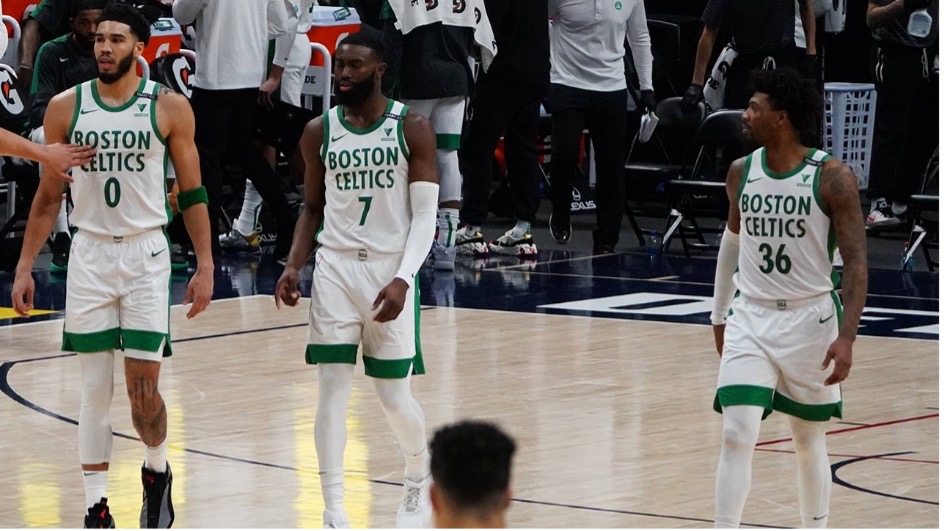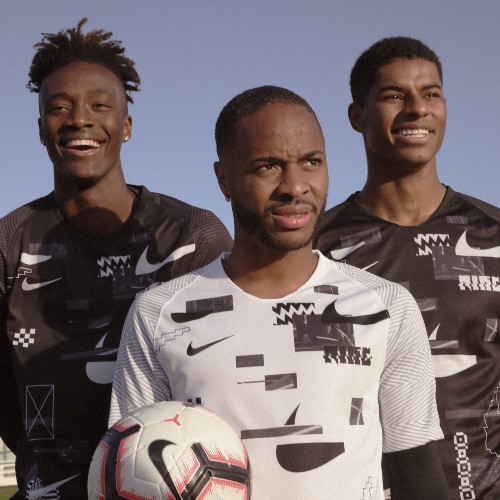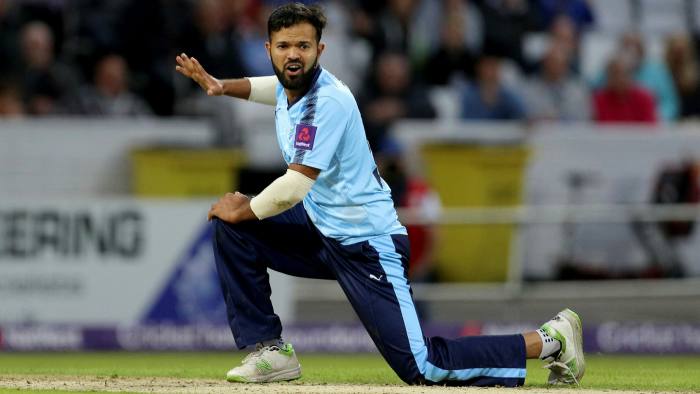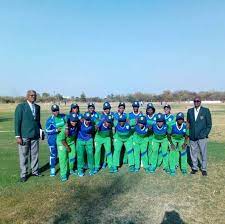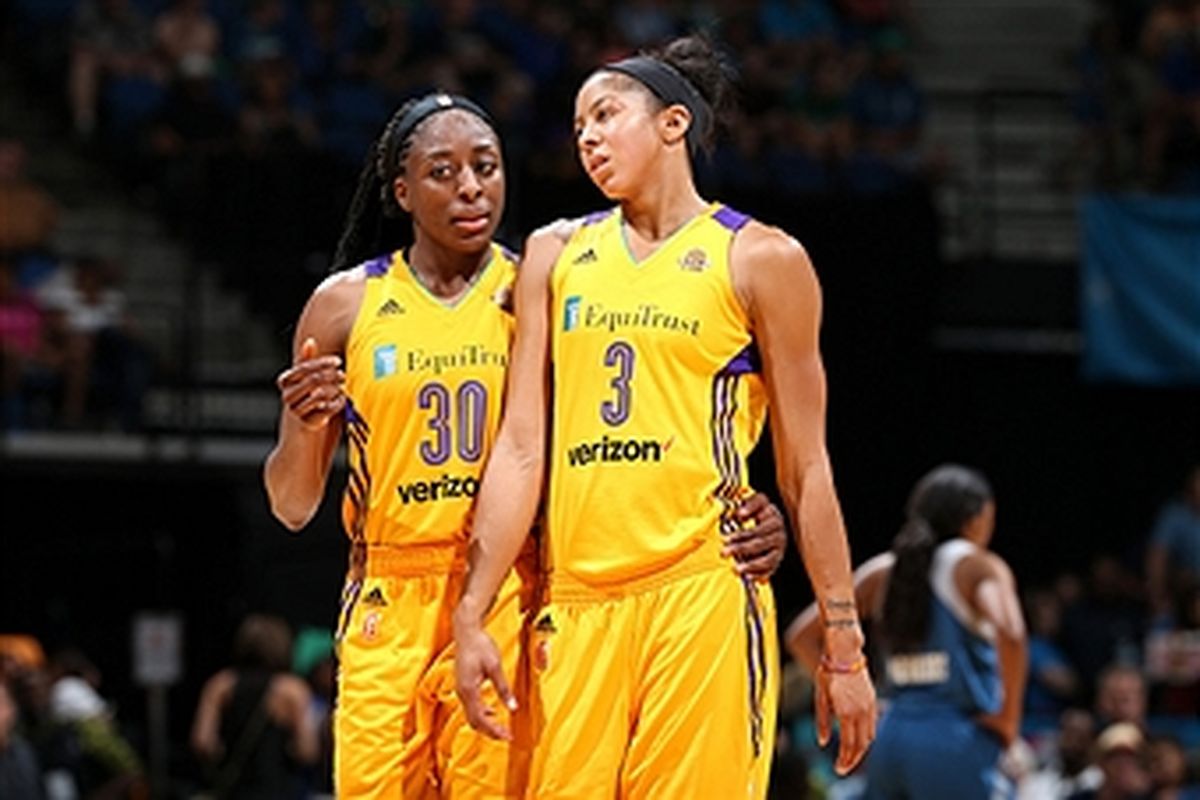After Kyrie Irving’s 2nd acrimonious exit from his 2nd NBA team, it seemed like the Boston Celtics had gelled similarly to how they performed when the star point guard was injured in the 2018 playoffs. The 2019-20 season ended in the same way that season did: with a run to the Eastern Conference finals, and expectations for improvement next year.
That isn’t quite how things have gone through. In an odd repeat of history, the team faltered despite seeming primed for a leap. Only this time there was no surly superstar to blame for chemistry issues. Kyrie was off causing headaches in Brooklyn, Gordon Hayward secured a bag in Charlotte and the Celtics had only the shortcomings of their new nucleus of Jayson Tatum, Jaylen Brown, Kemba Walker & Marcus Smart to blame for finishing .500. A gentleman’s sweep at the hands of Irving’s Nets was the rotten cherry on top.
The 2020-21 roster had some obvious flaws, most glaringly Boston’s big man rotation. Free-agent signing Tristan Thompson hugely disappointed in his one year in Boston, Robert Williams impressed just as often as he gave head coach Brad Stevens migraines, and the most productive center on the roster, Daniel Theis, was sent to Chicago at the trade deadline. Their bigs were all undersized too, as was Kemba Walker, often limiting the team defensively. But the major issue with the roster was also its greatest strength. And it still is.
On any given night the Celtics could roll out 3 legitimate go-to offensive options if Kemba’s knee was feeling good. But none of them were playmakers for others, and crunch time offense bogged down to “your turn, my turn” way too often. Jayson Tatum & Jaylen Brown had career years scoring the ball as both were named All-Stars, but their ability to facilitate hadn’t seen the same growth.
So how did head coach turned General Manager Brad Stevens address these issues in the offseason? Well, he took the kid-gloves off of Robert Williams, extending Time Lord and officially letting him start full-time. Al Horford & Enes Kanter were brought back to Boston to play behind him. Ime Udoka, apparently beloved by all players who’d interacted with him, was hired to take Stevens’ old job. Dennis Schroder was signed for cheap, another shoot-first point guard to replace Walker. And everyone’s favorite player that they’re secretly glad isn’t on their team- Marcus Smart- was re-signed to extend his stint as longest-tenured Celtic.
Well, Smart made it clear after the Celtics were outscored by 28 points in just the 4th quarter in a loss to the Chicago Bulls that the issues hadn’t been fixed. He called out Tatum & Brown, criticizing their willingness to pass late in games and their leadership overall. While he may have said what we were all thinking, public criticism of teammates- no matter how politely it’s done or how valid it is- is always seen as a sign of much deeper turmoil.
A players-only meeting was held the morning after what was literally the 7th game of an 82 game season. That’s turmoil.
Spun the right way, all of the issues the Celtics have are good problems to have- and I’m sure that’s how Danny Ainge painted things when convincing Brad Stevens to replace him as GM. The Celtics have two All-Stars no older than 25 with All-NBA potential, both signed for the next few years. A veteran guard who’s improved as a 3-point shooter and made multiple all-defensive teams. A burgeoning franchise center who’s finally getting the playing time to make that leap. Their salary cap situation is manageable at worst, flexible at best. They have the pedigree of being one of the 2 most important basketball franchises ever, and the money that comes with that.
If you take off your used-car-salesman hat though- their 2 young talents seem to be plateauing. That wouldn’t be that bad if they had skillsets that complemented each other. But you could argue they play the same position, they definitely play the same role within an offense- go to iso-scorer- and they have the same weakness in their lack of playmaking. In a modern NBA where heliocentric offenses built around supernovas like LeBron James, Luka Doncic & Giannis Antetokounmpo dominating the ball have become the blueprint (if you don’t luck into a superteam), you want the ball in your best player’s hands as much as possible. And you definitely can’t make up for their inability to handle that load with the likes of Marcus Smart & Dennis Schroder- both point guards with questionable shot selection- being your floor generals. Smart also hasn’t been the same defender he used to be the last couple seasons, and his improvement offensively has not been significant enough to justify the hero-ball he falls into late in games after he hits a couple shots early.
The corpse of Al Horford is nice to have to mentor fellow undersized center Robert Williams. But he was a consolation prize back when the Celtics signed him in 2016, and the need to bring him back highlights a problem they’ve had for decades really. There’s an ugly truth behind Gordon Hayward being the biggest free agent the Celtics have snagged this century- young, rich, famous black men at the top of their profession don’t want to live in Boston. To the franchise & the city’s credit, draftees like Paul Pierce and Jaylen Brown and even stars they trade for like Kevin Garnett have fallen in love with the city…when forced to.
We’re far from the days of Bostonians leaving, um, “presents” for Bill Russell in his bed (IYKYK, look it up) but just a few months ago Kyrie Irving led a throng of players who said they faced severe discrimination playing in Boston. An open secret to which then GM Danny Ainge- a former Celtic himself- ridiculously responded to by saying he’d never heard of anyone facing discrimination at TD Garden. At best it seemed tone-deaf, and if you’re more cynical: willfully negligent. NBA players of color don’t want to take the risk of playing in Boston and even if you remove that stigma, the prospect of living in a cold, smallish city whose only unique selling points are the sports culture & lobster rolls isn’t exactly the sexiest proposition to any millionaire free-agent.
So what’s the way out? Well, the Celtics have already been burned hoarding draft picks waiting for disgruntled superstars to demand trades. Anthony Davis made it clear he wouldn’t re-sign in Boston if they traded for him, and that’s likely to be the case with any other star who becomes available. Teams like the Thunder or Pelicans who have also hoarded draft picks have done so with the same intent, but it has yet to pan out for any team that has adopted this strategy.
The Celtics set themselves apart from those teams thanks to Tatum & Brown though. They could wait to package one of the pair with the draft cache they’ve accumulated for Damian Lillard or whoever else potentially demands a trade. That could be the road to contention in a Kawhi Leonard & the Toronto Raptors ‘one-year rental’ kind of way. Or they could have the foundations for the next 6-8 years of Boston basketball if they can win over the newly acquired superstar. This hasn’t happened before because Danny Ainge was notoriously obsessed with winning every trade- trading for a superstar who’s already forcing their way out of one franchise is an easy way to lose a trade, especially if they only have one year left on their deal.
Only time will tell if Brad Stevens lives by the same philosophy, but it’s become clear: something needs to change in Boston, and it needs to be a big change. Stevens could go stick it out and hope the Tatum-Brown partnership blossoms, maybe putting different pieces around them in the future. The last 75 years of the NBA would tell you one of their stars needs to be traded though, and the more likely decision Stevens is weighing up right now is: which one?
Most NBA pundits & fans would argue Jayson Tatum is the better player of the two, but that’s not really the right way to look at this. Tatum may be a little better and younger, but can he be the best player on a title-winning team? If the Celtics think the answer is definitely yes, then trade Brown.
If that’s how they felt, that would’ve already happened. Tatum and Brown are both already at the point where they can be the 2nd best player on a championship team, and Celtics management seems to be waiting for one of them to get that final peak. But at this point, the smartest option might be to assume neither of them will get there and to use one of them to get the true superstar that leads the storied franchise back to the mountaintop.
Jaylen Brown has shown a much stronger affinity for the city, active in the community from day 1, and particularly during the George Floyd protests last summer. His hard-nosed, high effort style fits the culture the Celtics have had for their entire existence. It’s not a criticism, but it’s clear Tatum hasn’t embraced Boston in the same way. The Celtics likely wouldn’t have to worry about re-signing Brown like they would Tatum, assuming the team is able to right the ship.
Brad Stevens needs to be more realistic than his predecessor about Boston’s ability to attract and retain stars. Even though Tatum’s ceiling may be a touch higher, he’s a greater flight risk and a lesser ambassador when it comes to convincing a superstar to stay. Tatum and a couple 1st round picks would be enough to net the next superstar who wants out. Stevens needs to be ready to pull the trigger when the opportunity inevitably comes.
